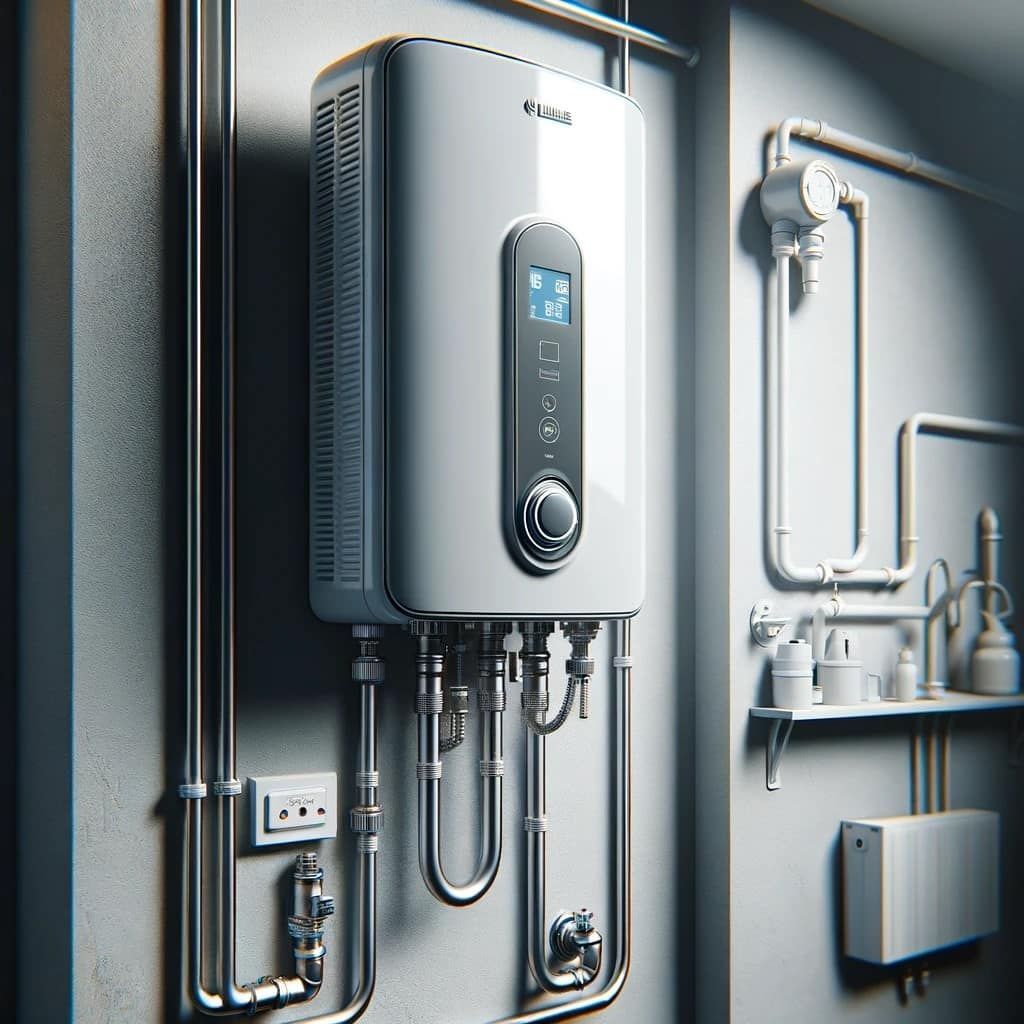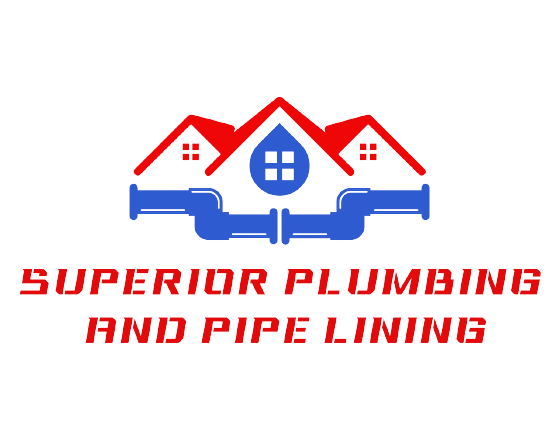
Why Do You Need to Flush a Tankless Water Heater?
You flush the toilet every day. But when was the last time you flushed your tankless water heater? If you have owned a tankless water heater for over a year and aren’t sure what we’re talking about, it is probably time to flush it. Read on to learn why this procedure could be the best thing you ever do for your tankless water heating system.
What Is a Tankless Water Heater?
Unlike traditional water heaters, residential tankless water heaters lack a storage tank for hot water. Instead of heating and storing a quantity of water in a tank, a tankless heater quickly heats water as it passes through a heating element. Though tankless water heaters are usually more expensive than traditional water heaters, they tend to pay for themselves over time because they waste less energy. And since they lack a water reservoir, they are less susceptible to leaks.
How Does a Tankless Water Heater Work?
Tankless water heaters are available in both gas and electric models. When the tap is turned on, a flow sensor activates the heating element, and the water passes through it, warming it to the set temperature. No water is stored; it goes directly to the tap or appliance. Though tankless water heater systems are more expensive than traditional tank-based systems, they are more energy-efficient, especially electric ones. However, gas systems can usually provide a higher flow rate.
What Is the Most Common Issue With Tankless Water Heaters?
While tankless water heaters have many advantages over traditional water heaters, they are not foolproof. One issue, especially in hard water (water with high mineral content) areas, is sediment buildup. Since water is being flash heated within a pipe, all dissolved elements become buildup, or scale, within the pipe. The result, finally, is clogged and eroded pipes. This can mean slower water flow and, eventually, system failure. That’s why tankless water heater maintenance is essential for your system’s functioning, and one of the most common maintenance procedures is flushing.
What Is Tankless Water Heater Flushing and How Is It Done?
At least once a year, and more often if you live in a more challenging water area, you should flush your tankless water heater system. As you might expect, this involves flushing the system with a cleaning agent that scrubs out mineral buildup. Kits are commercially available for this process. You will first shut off the water supply to the water heater unit, then attach a pump to circulate the cleaning agent through the system. Then, you will add the cleaning agent and allow it to circulate through the system (the kit will tell you how long it needs to circulate). Finally, you will flush the remaining cleaner from the system and reconnect all the hoses.
While the flushing process is certainly not out of reach for a DIY-oriented person, it requires familiarity with hand tools, attention to detail, and time—sometimes two hours or more. For these reasons, many people prefer to hire plumbing professionals to flush their tankless water heaters. After all, paying for regular tankless water heater maintenance is better than paying for tankless water heater repair, and a botched flushing operation could potentially damage your expensive water heating system and even make re-piping necessary.
If you live in Jacksonville, Florida, Superior Plumbing and Pipe Lining is your solution. Our expert plumbers, backed by loads of rave reviews, will travel to your home at your convenience, flush your system, and ensure that your tankless water heater performs at optimum levels for years to come. Contact us to schedule a flush today.
If you're contemplating the investment in a tankless water heater system, we are well-equipped to assist you in that endeavor. A dedicated team member can walk you through our options, considering your budget and hot water needs, and help you identify a solution that works for you and your family. Then, we can
professionally install it for you, so all you have to do is sit back and enjoy the results. Start a conversation with us today about a new tankless water heating system.
FAQs
List of Services
-
Why Do You Need to Flush a Tankless Water Heater?Item Link List Item 1
Flushing a tankless water heater is necessary to remove mineral buildup, such as calcium and lime, which can reduce the efficiency of the unit. Regular flushing helps maintain optimal performance and prolongs the life of the water heater.
-
How often should a tankless water heater be flushed?Item Link List Item 2
A tankless water heater should be flushed at least once a year, but in areas with hard water, it may be necessary to flush it more frequently to prevent excessive mineral buildup.
-
What happens if you don’t flush your tankless water heater?Item Link List Item 3
If a tankless water heater isn't flushed regularly, mineral buildup can clog the system, reduce efficiency, cause overheating, and eventually lead to costly repairs or replacement. The water heater may also have a shorter lifespan.
-
Can you flush a tankless water heater yourself? Write a description for this list item and include information that will interest site visitors. For example, you may want to describe a team member's experience, what makes a product special, or a unique service that you offer.
Item Link List Item 4 -
What equipment is needed to flush a tankless water heater? Write a description for this list item and include information that will interest site visitors. For example, you may want to describe a team member's experience, what makes a product special, or a unique service that you offer.
Item Link -
Does hard water affect the need to flush a tankless water heater? Write a description for this list item and include information that will interest site visitors. For example, you may want to describe a team member's experience, what makes a product special, or a unique service that you offer.
Item Link -
Can flushing a tankless water heater improve water quality?Item Link
Yes, flushing a tankless water heater can improve water quality by removing mineral buildup that can affect taste and appearance. It ensures that water flowing through the heater remains clean and free of sediment.
-
How do you know when it’s time to flush your tankless water heater? Write a description for this list item and include information that will interest site visitors. For example, you may want to describe a team member's experience, what makes a product special, or a unique service that you offer.
Item Link -
Will flushing a tankless water heater lower energy bills?Item Link
Yes, flushing a tankless water heater can lower energy bills by improving its efficiency. When mineral buildup is removed, the system doesn’t have to work as hard to heat water, which reduces energy consumption.
-
Should you hire a professional to flush a tankless water heater?Item Link
While many homeowners can flush their tankless water heater themselves, hiring a professional is a good option if you’re uncomfortable with the process or want to ensure it’s done correctly. A professional can also check for other issues during maintenance.
Top-Notch Plumbing Repairs Are Just a Phone Call
Call Superior Plumbing and Pipe Lining now for expert plumbing services.
Contact Info
1204 Saint Johns Bluff Rd N, Jacksonville, FL 32225, United States of America
Phone: (904) 238-8001
Services
Business Hours
- Mon - Fri
- -
- Sat - Sun
- Closed
All Rights Reserved | Superior Plumbing and Pipe Lining
